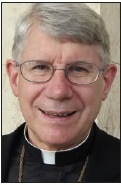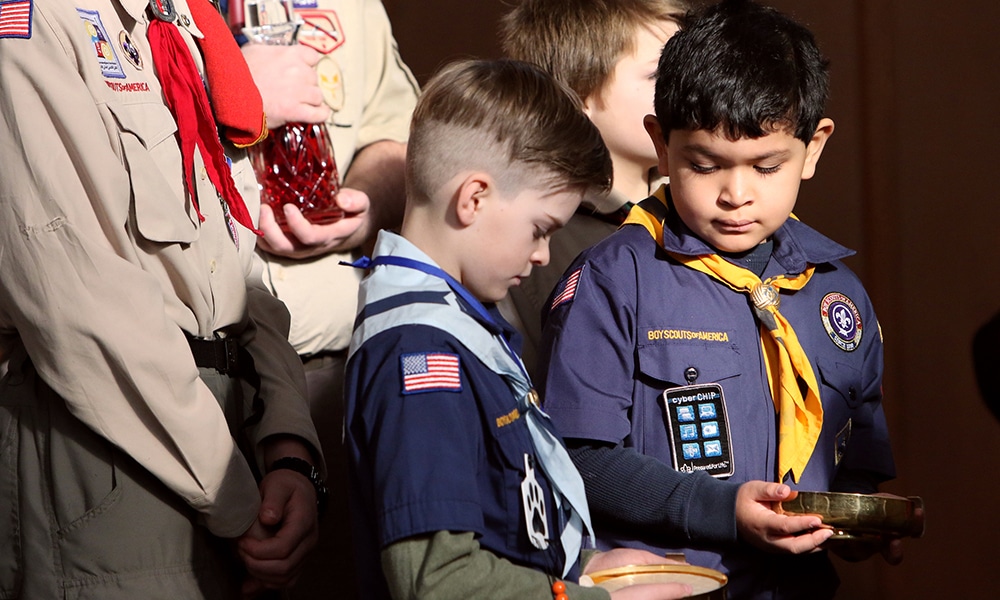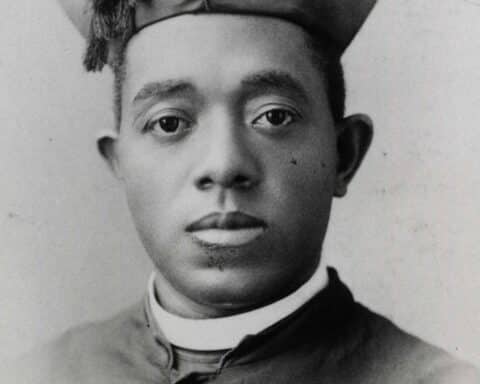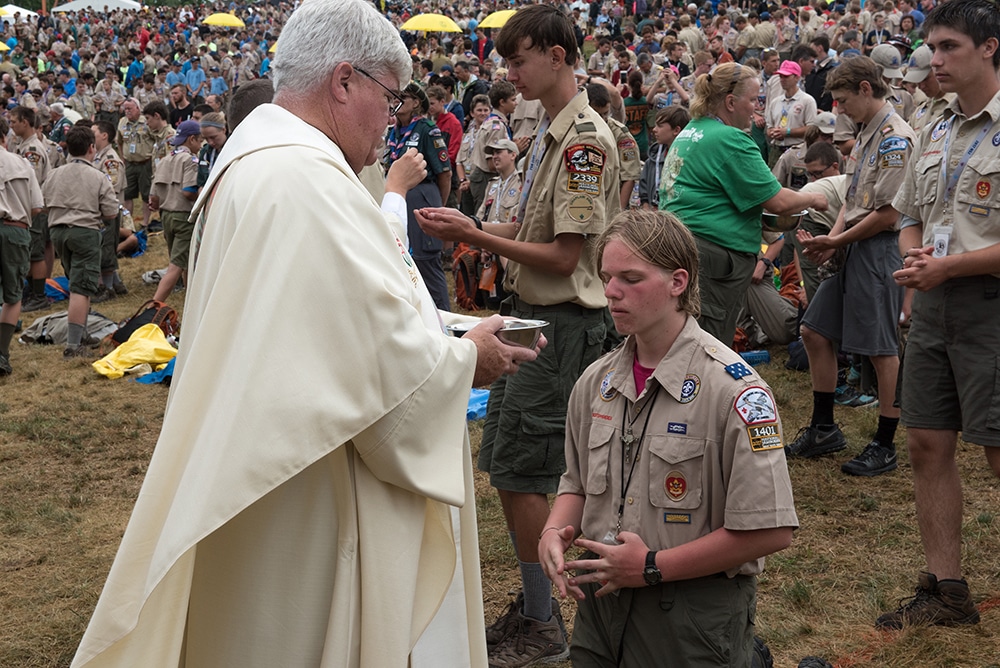The Boy Scouts of America aims to form young men, instilling them with values and preparing them to make ethical choices. However, recent changes to scout policies, such as admitting young girls and allowing openly gay scoutmasters and transgender scouts, have many questioning Boy Scout identity and values, and has imperiled their relationship with religious groups across the country.
The question is: What should the Church do when an organization — with whom they’ve had a strong, productive relationship for many years — goes awry and starts allowing and even promoting behaviors contrary to the Church’s teachings?
Not just a Catholic issue
This is a question faced not only by the Catholic Church. The Church of Jesus Christ of Latter-day Saints — colloquially known as the Mormon church — recently announced that it was severing all formal ties with the Boy Scout of America. In a joint statement released with the Boy Scouts on May 8, the Mormon church announced the relationship would be ending after 105 years together. About 330,000 Mormon youth participate in the Boy Scouts, making the church one of the organization’s largest sponsors.
While the Mormon church stated they split because they are developing a uniquely Mormon program, one that will also allow it to serve its international members, there had been growing tension between the church and the Boy Scouts for several years, including recent developments allowing female scouts.
The actions of the Mormon church indicate that they want to shift their focus to the “spiritual, social, physical and intellectual goals outlined by the church.” Certainly this is something any Catholic bishop can be sympathetic to. Any organization — particularly one involved in the formation of young people — that the Catholic Church officially associates itself with should be one that encourages and fosters the spiritual, social, physical and intellectual goals the Church has for its young people.
Growing disciples
Bishop Daniel Conlon of the Diocese of Joliet is the liaison of the U.S. Conference of Catholic Bishops to the National Catholic Committee on Scouting. Bishop Conlon has a long history with scouting, such as being a scout in his youth and working at a scout summer camp for eight years while in seminary.

Bishop Conlon draws a distinction between the relationship that the Mormon church has with the Boy Scouts and the relationship that the Catholic Church has. “The Mormons made a decision many years ago to use the Boy Scouts of America as a universal youth ministry program,” he said. “We in the Catholic Church never made that decision. It’s true that scouting was very common in our parishes, but the bishops never made a decision to adopt scouting as a universal youth ministry program.”
The statement of the Mormon church, which explained that they were encouraging their youth to instead join a specifically Mormon program, means that they are not repudiating scouting, according to Bishop Conlon. “The Catholic Church has changed a great deal over the course of my life; it’s still fundamentally the Church as established by our Lord and Savior Jesus Christ,” said Bishop Conlon.
“I think scouting is still fundamentally what it was when I started as a cub scout. I’m confident that it still can provide a very useful and sound means of helping young people grow, not only as young men or women but also as disciples of Jesus Christ and members of his Church, if our pastors and scout leaders in the Church are willing to make the effort to use scouting that way.”
If a diocese or parish feels that it can do a better job in reaching out to its young people with something other than the Boy Scouts, said Bishop Conlon, “that’s a decision I would encourage them to make.”
Catholic alternatives
There are explicitly Christian and Catholic alternatives to scouting that are being embraced by more and more families. One example, the Troops of St. George, has received approval from Bishop Michael F. Olson in the Diocese of Fort Worth, Texas, to become a diocesan-wide apostolate. Founded only five years ago, the Troops of St. George are in 23 states and aim to form Catholic men — fathers and sons together — through the sacraments, prayer and outdoor activities including archery, camping and hiking.
Kepha is another organization for boys and their fathers to participate in together. Founded in 1998, Kepha involves monthly retreats, daily prayers and its five anchors of membership: apologetics, brotherhood, charity, mortification and prayer. The name comes from the Aramaic word for “rock,” the name Jesus gave to Peter. In addition to monthly retreats, there are also a monthly volunteer days at pregnancy help centers, nursing homes, hospitals or other places.
The Columbian Squires are for young men ages 10 to 18. Founded in 1925, the program aims to provide “the spiritual, cultural, civic, social and physical improvement of its members, and the development of their leadership qualities.” The Squires are a sort of younger division of the Knights of Columbus and must be sponsored by Knights of Columbus councils and assemblies. According to their website, “The Squires is designed to develop young men as leaders who understand their Catholic religion, who have a strong commitment to the Church and who are ready, willing and capable of patterning their lives after the Youth Christ.”



